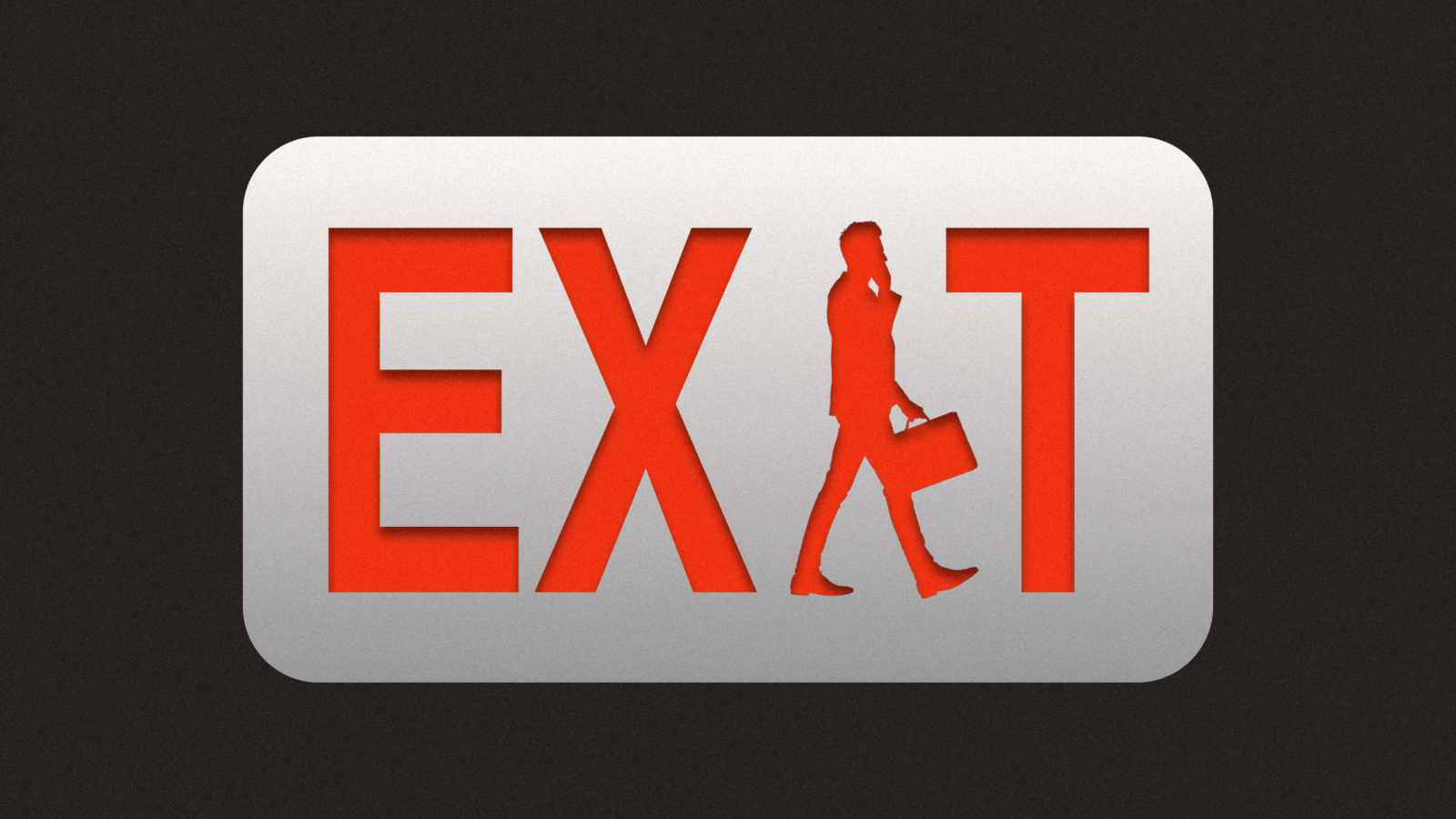How Advisors Suss Out Money Launderers
Many financial institutions are only just ahead of the curve for properly identifying suspicious activity.

Sign up for market insights, wealth management practice essentials and industry updates.
Don’t trust before you verify.
While advisors feel good any time a prospective client walks through the door, a small fraction of potential customers may have earned their money illegitimately. Some may be trying to launder proceeds from criminal enterprises such as drug-trafficking and racketeering, and the Bank Secrecy Act requires many wealth managers to set up procedures to detect such transactions and, potentially, to alert law enforcement.
Bad actors “are definitely finding better ways to navigate through the system, certainly with the explosion of digital currency,” said Jon Glass, partner of financial crimes advisory at consultancy SolomonEdwards. Even with traditional assets, institutions are often just barely ahead of the curve in spotting questionable activity.
Red Flags
Altogether, the roughly 5,000 US financial institutions file about 4.5 million suspicious activity reports annually, Glass said. One emerging scheme involves Chinese money laundering networks collaborating with Mexican drug cartels, according to the Financial Crimes Enforcement Network, a division of the US Treasury Department. FinCEN analyzed more than 135,000 Bank Secrecy Act reports in the four years through 2024, tying $312 billion in suspicious transactions to such networks.
Advisors should scrutinize the origins of client funds to ensure compliance with financial regulations, experts say. Money flowing from areas like Cyprus, Seychelles, the Bahamas or the Cook Islands is a red flag. “They’re considered high-risk bank secrecy havens,” Glass noted. “US sources can launder money too, but those locales carry greater risk.”
FinCEN urges firms to watch for:
- Small US businesses in electronics or real estate receiving unexplained wires from Mexico, China, Hong Kong or the UAE.
- Clients whose income does not match their occupation.
- Customers who use credit cards to purchase large amounts of electronics or luxury goods.
Call the Vet
While claims of financial corruption involving clients of large institutions make headlines, smaller advisors may be even more vulnerable since they lack the infrastructure to monitor transactions effectively, according to Glass. “The smaller firms also don’t get as much scrutiny, and money launderers know that,” he said.
That’s why vetting is critical, especially when a prospective client seems eager and flush with cash. Wes Battle, a Maryland-based independent advisor, warned against letting excitement cloud judgment. “It’s a hungry advisor’s dream, so they try to fast-track things to get the business and haven’t really vetted the client,” he told Advisor Upside.











